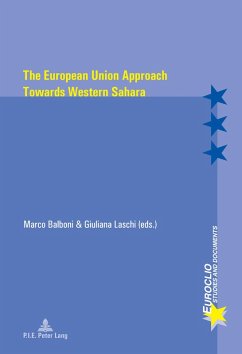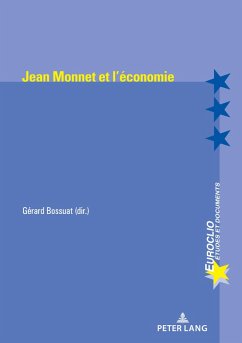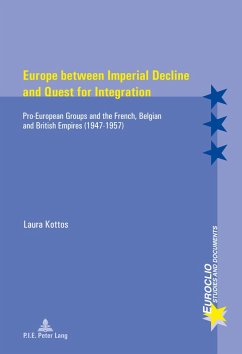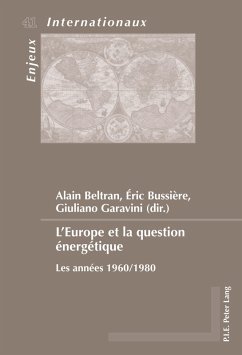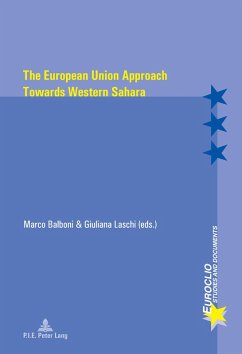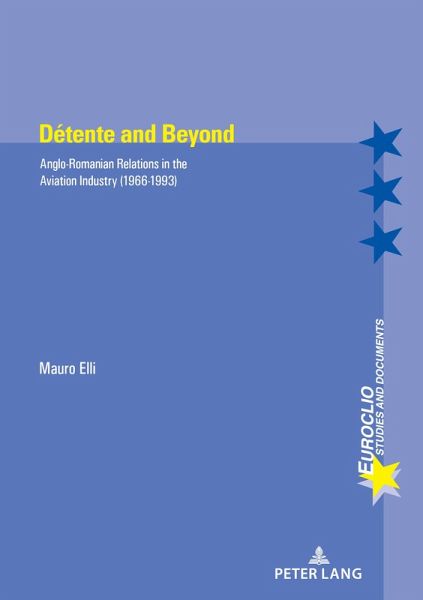
Détente and Beyond (eBook, PDF)
Anglo-Romanian Relations in the Aviation Industry (1966-1993)
Versandkostenfrei!
Sofort per Download lieferbar
Statt: 65,20 €**
51,95 €
inkl. MwSt.
**Preis der gedruckten Ausgabe (Broschiertes Buch)
Alle Infos zum eBook verschenkenWeitere Ausgaben:

PAYBACK Punkte
26 °P sammeln!
By the mid-1960s, the whole European aviation industry had begun looking at two main solutions in order to survive competition from the USA: European cooperation, and exports to markets still closed to the Americans. Against this background, Anglo-Romanian dealings in the aviation industry over a period of almost thirty years are a case of converging politico-military interests with major interpretative potential. This holds true for the history of East-West relations and infra-Western commercial competition, but also for the transformation of domestic decision-making patterns and the change i...
By the mid-1960s, the whole European aviation industry had begun looking at two main solutions in order to survive competition from the USA: European cooperation, and exports to markets still closed to the Americans. Against this background, Anglo-Romanian dealings in the aviation industry over a period of almost thirty years are a case of converging politico-military interests with major interpretative potential. This holds true for the history of East-West relations and infra-Western commercial competition, but also for the transformation of domestic decision-making patterns and the change in economic priorities. While Britain became Romania's first commercial partner in order to offer a new outlet to the aviation industry, Bucharest was looking at the U.K. to pursue a strategy of industrial modernisation and political visibility. The story of their intersection sheds light on the lower-level reality of Détente in Europe. The degree of collaboration across the Iron Curtain was not just the product of a generally improved diplomatic atmosphere, but - at least in the present case - the result of a peculiar mixture of political ambition, economic viability, and technological expertise. Indeed, the change of economic paradigm in the UK (from Neo-Keynesianism to monetarist Neo-Liberalism), along with President Ceausescu's fixation with foreign debt, played a crucial role in the vicissitudes of Anglo-Romanian relations in the aviation industry in the period between the demise of Détente and the end of the Cold War. This points to a reasonably articulated model, which is hinged on the category of 'transfer', rather than on the category of 'cooperation'.
Dieser Download kann aus rechtlichen Gründen nur mit Rechnungsadresse in A, D ausgeliefert werden.





